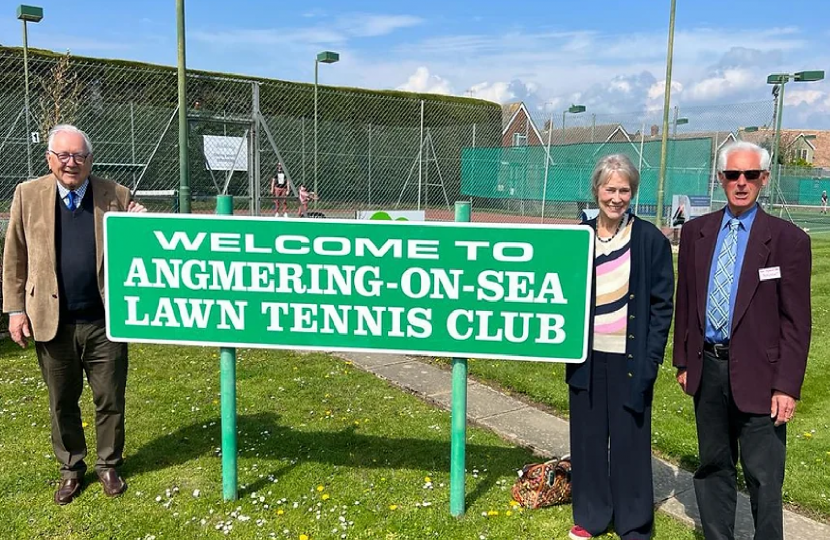
Around the Worthing West constituency during the weekend, I reflected on the origins of things I take for granted. In East Preston and for much longer in Worthing I have called on REME veterans. Why was that Corps of professional engineers created in 1942?
I passed the Job Centre, the DWP office and Ian Ross’s retraining team in Worthing. How did modern state welfare help start?
Sir William Beveridge’s 1942 report Social Insurance and Allied Services was the guide to post war initiatives to increase well-being. Measures introduced by the 1945 Labour government were known as the foundation of the welfare state. Beveridge was an economist and briefly a Liberal MP. He worked at the famous practical Toynbee Hall settlement. So did Clement Attlee, my uncle and Virginia’s grandfather.
He worked with Beatrice and Sidney Webb, promoting old age pensions, soon introduced for the minority who reached the age of 70, school meals and a national system of labour exchanges – Job Centres. Winston Churchill asked him to implement national insurance to combat unemployment and poverty. After the Great War, he went from being permanent secretary of the Ministry of Food to be director of the London School of Economics.
In the early years of WWII, he recommended Army recruits enlisted for six weeks into the General Service Corps so their skills could be relevant in subsequent posting; he also helped create REME, the Corps of Royal Electrical and Mechanical Engineers. Their applied expertise has been critical ever since.
The famous Beveridge report suggested ways to fight the five giants of Want, Disease, Ignorance, Squalor and Idleness, fundamentally assuming a National Health Service would be created on the road to reconstruction. In 1944, the Conservative minister of health Sir Henry Willink had held up the national government’s NHS White Paper.
This great public servant was not always easy and he was not always right; like others, he was associated with eugenics or social biology of a nature unacceptable today and challenged by others over a century ago.
Future well-being needs to go way beyond what the state can be organised to provide. On Tuesday at a social justice caucus, someone spoke about the importance of family, too seldom built into political, economic and social policies.
We need to merge two tasks: encourage self-reliance and self-interest without selfishness; help people who cannot help themselves, without making them permanently reliant.
I insisted the word family should be alternated with the expression household and those for whom we are responsible. Do not get distracted into sterile exclusionary arguments.
I did revise a word I used at a meeting concerned with the Gypsies, Travellers and Roma. After considering the intense health burdens and education difficulties, together with the inadequacies of the Census data and the battle for help with energy costs, I asked for advice and information when larger than usual groups of unauthorised towed caravans arrived in a small community, or in a series of small communities.
Remembering the experience in Goring-by-Sea, Ferring, East Preston and Angmering, I had used the word invasion. My word. Nothing else mattered. I was jumped on as though I had mentioned women’s safe spaces or the LGB Alliance at a meeting of trans extremists. I cheerfully accepted the rebuke, substituting the word arrival to describe tens of modern cars and well-fitted caravans on the greensward, the recreation grounds and, if access had been obtained, on private residential estates.
If people want to congregate for a summer together, I do know the Caravan and Motorhome Club encourages exploration of the great outdoors. They help get more for your money in certificated locations. I will be a beacon for fairness and freedom for travelling communities, raising awareness of inequalities and discrimination, while also helping settled communities be places where quiet enjoyment is not upset by intense impact of unexpected arrivals.



